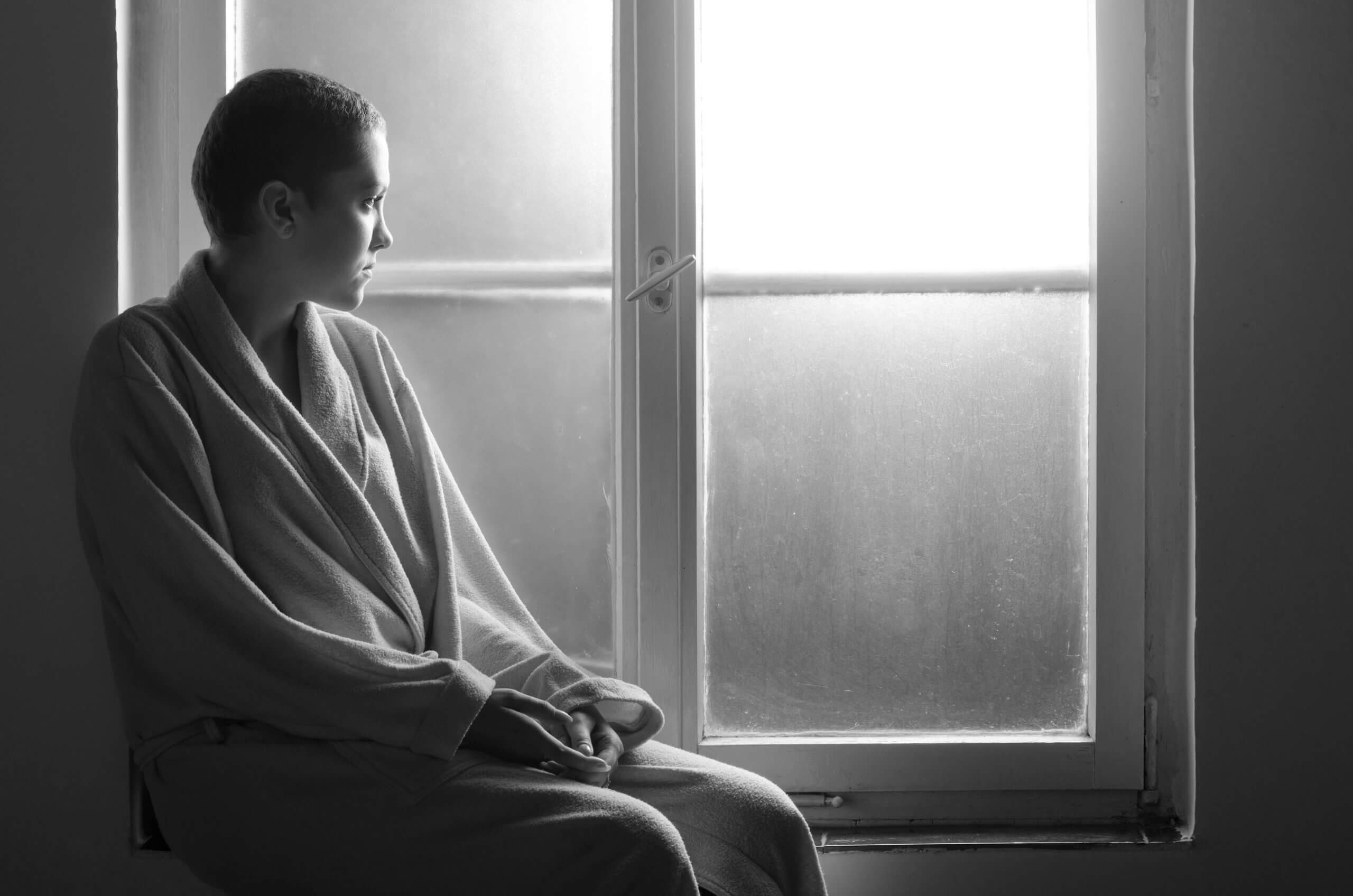Women With Cancer More Unhappy Than Men with Care Received

Cancer patients may experience stress from the disease's physical, mental, and social impacts. After undergoing cancer treatment, those who choose dangerous coping mechanisms like smoking, consuming alcohol, or becoming more sedentary may experience a lower quality of life.
Contrarily, it has been demonstrated that those who can apply efficient coping mechanisms to cope with stress, such as meditation and techniques for stress management, had lower levels of depressive and anxiety symptoms and symptoms associated with cancer and its treatment. There is no proof that effective psychological stress management increases cancer survival.
According to an American Cancer Society Action Network survey finding, women are more likely than men to be unsatisfied with their medical treatment and report cancer care problems.
Women with cancer:
Women have historically experienced cancer less frequently than males. According to the National Cancer Institute, one in three women and one in two men will be diagnosed with cancer throughout their lifetimes. Women are also more likely than males to survive the illness.
According to studies, these disparities in incidence and prognosis may be explained by the fact that men are more likely to be diagnosed with cancer in the first place, as well as the fact that many of the risk factors for cancer are related to lifestyle, such as smoking, drinking alcohol, and consuming fatty foods, have historically been more common in men.
Whatever the reason, there are disparities between men and women regarding cancer, and they frequently begin with anatomy.
Women and cancer treatments:
Although every woman's experience with cancer and its therapies is unique, many of them have the potential to impact a woman's fertility. For instance, chemotherapy may damage the ovaries' capacity to produce eggs and estrogen, and treatment for gynecological cancer may injure reproductive organs and result in scarring. Therapy outcomes often rely on several variables, including the woman's age at the time of treatment, the course of the treatment, and her general health. Her doctor should be consulted on these matters.
The kind and stage of the disease, possible side effects, the woman's general health and age, and whether she intends to have children in the future are just a few of the variables that might affect how a woman with gynecological or breast cancer is treated. The majority of gynecological and breast malignancies are typically treated first with surgery.
Reasons for women being dissatisfied:
The poll results revealed that women who replied were likelier to say that their concerns are not treated seriously and that they must substantiate their complaints to doctors.
Although 84% of respondents said they were "extremely confident" in the caliber of their treatment, women were twice as likely as men to say they were just "somewhat confident" in it (14% vs. 7%).
In addition, women were more likely than men to believe that their symptoms were not treated "very seriously" (31% vs. 21%) or "at all" (8% vs. 1%) after receiving a cancer diagnosis in women.
Respondents used several techniques to express their discontent with cancer treatment:
- 12% said their symptoms were disregarded or neglected.
- 11% indicated they had to press their providers to request testing because they were reluctant to do so.
- 9% of respondents indicated they sought advice from several doctors before getting a diagnosis.
- 7% said their suffering wasn't handled seriously.
Women were more likely to report having to convince a doubting doctor of their symptoms (8%) and having the clinician imply that they required mental health treatment rather than medical attention (3%).
Women were more than twice as likely (6% vs. 3%) to state that they had to notify their doctor of their symptoms at least five times before seeking care that resulted in a cancer diagnosis.






